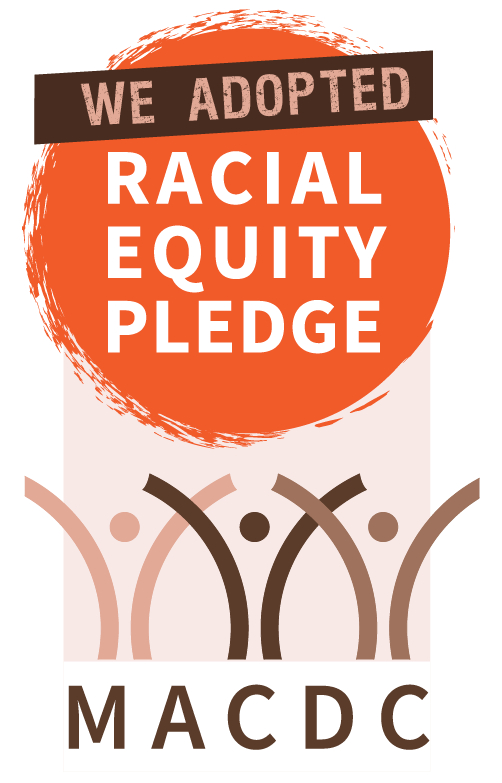The Fair Housing Act, passed in 1968, prohibited discrimination in housing on the basis of race, color, religion, and national origin. The Act was passed in response to civil rights protests against discrimination generally, discrimination in housing specifically, and as a result of growing acknowledgement of the racial inequalities in housing. Over 50 years later, on January 26, 2021, in the first week of President Biden’s term, the Executive Office of the President published a memorandum on addressing the history of discriminatory housing practices. This memorandum finds that “diverse and inclusive communities strengthen our democracy,” recognizes the “great struggle” the Nation has had toward this ideal, and reaffirms the government’s commitment and efforts to end discrimination. Importantly, the memorandum acknowledges that throughout the 20th century “Federal, State, and local governments systematically implemented racially discriminatory housing policies that contributed to segregated neighborhoods and inhibited equal opportunity and the chance to build wealth” and that the “effects of these policy decisions continue to be felt today, as racial inequality still permeates land-use patterns in most U.S. cities and virtually all aspects of housing markets.”
While race and color discrimination often happen together, they are different. Race discrimination refers to treating someone differently because they are Black/African American, Asian, white, American Indian, Alaskan Native, Native Hawaiian, or Pacific Islander. Color discrimination refers to treating someone differently because of the tone or how light or dark a person’s skin is regardless of their racial background.
Common forms of race discrimination in housing include refusing to rent or sell, or using different terms or conditions during a tenancy or sale because of a person’s race. Some types of discrimination are difficult to identify. For instance, a housing provider may not follow-up with an applicant or may give a different non-discriminatory reason to reject an application when the real reason is race. Discrimination also includes treating applicants or tenants differently on the basis of their race. For instance, a white applicant may not have a credit check performed when it is required of a Black/African American tenant.
Prohibitions against housing discrimination extend beyond just treating a person differently, and in some cases include use of policies or practices that disproportionately impact protected classes. A good example of this type of impact discrimination (called disparate impact) involves the use of criminal records. While some use of criminal records is acceptable, a blanket prohibition of any criminal record may be found discriminatory. This protection is available because people of certain protected classes are disproportionally arrested and incarcerated, and therefore are disproportionately and unfairly impacted by an expansive or blanket prohibition of renting to anyone with a criminal record. If a housing provider is going to use criminal records as part of a tenant screening practice, best practices include applying the process consistently for all tenants and to narrow the range of criminal conduct that will result in a denial. For instance, a provider could choose to only consider recent violent, fraudulent, or property damage offenses. Even with a narrowly-tailored approach to a criminal record screening, a provider should also consider applicant-specific factors such as the severity and nature of an offence, the recency of the offence, age at the time of offence, and any mitigating or intervening circumstances or facts when considering denying an application. Use of CORI checks may have similar implications.
Following are some resources and further reading on use of criminal records in housing and CORI checks and their impact on racial minorities in housing:
- HUD Fair Housing and Equal Opportunity guidance on use of criminal records
- HUD guidance on Standards for the use of criminal records in housing
- HUD guidance for PHAs on the use of criminal records
- HUD rules for screening and eviction for drug abuse or other criminal activity
- Know your CORI rights – MassLegalServices












